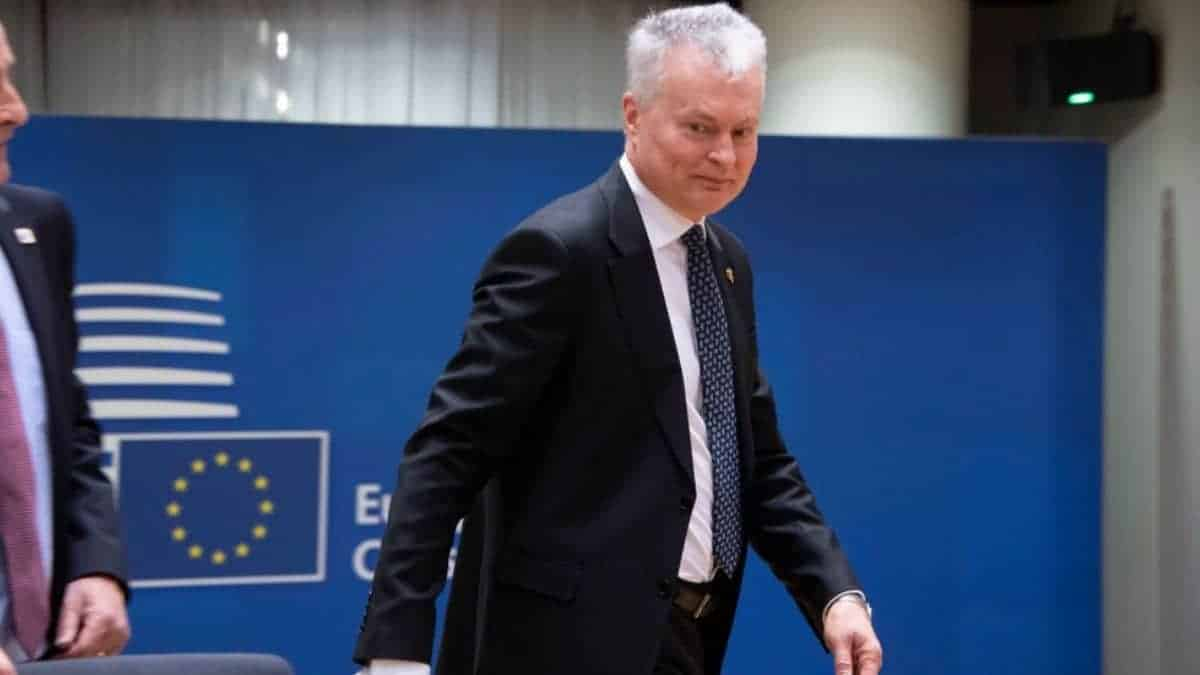Lithuania is the first EU country to halt Russian gas imports
Other countries are being urged to avoid buying Russian oil and gas, according to the Baltic state.

In response to Moscow’s invasion of Ukraine, Lithuania has become the first EU country to totally cut off Russian gas supplies, with the two other Baltic states temporarily halting the flow as well.
Lithuanian authorities announced on April 1 that they would stop importing Russian gas and instead rely on liquefied natural gas from their Independence terminal.
“From now on, Lithuania will not use a single cubic cent of deadly Russian gas.” On Sunday, Lithuania’s Prime Minister, Ingrida Simonyte, announced on Twitter, “Lithuania is the first EU country to deny Russian gas imports.”
The three Baltic states have been among the most outspoken in their calls for the EU to end its members’ reliance on Russian oil and gas, despite the fact that countries continue to pay Moscow for petroleum even after the Russian invasion of Ukraine.
For the past decade, Lithuanian officials have stated that energy independence is the final stage in breaking their connections with Moscow. In 1990, they regained official independence, joined the EU and Nato in 2004, and in 2014, they opened their own LNG terminal in Klaipeda.
“Years ago, my country made decisions that today allow us to terminate energy relations with the aggressor with no suffering,” Lithuanian President Gitanas Nauseda stated over the weekend. If we can accomplish it, so can the rest of Europe.”
He advised other European countries earlier this week that they should cease buying Russian oil and gas “because the Kremlin government uses this money to fund the destruction of Ukrainian cities and attacks on unarmed populations.”
At the beginning of the month, Russian gas ceased flowing into Estonia and Latvia as well, according to the CEO of Conexus Baltic Grid, a Latvian natural gas storage company.
Conexus chair Uldis Bariss told Latvian state radio that Russia’s demand for rouble-based gas payments demonstrated that it could no longer be relied upon for supply and would hasten the Baltics’ transition to energy independence.
He went on to say that while there was an exceptionally big amount of gas in storage at the moment — almost enough to meet Latvia’s whole winter demands – the Baltics needed to develop a second LNG terminal swiftly to terminate their reliance on Russian gas completely.
The Baltic states are also attempting to wean themselves off other kinds of Russian energy, with the goal of synchronising their electricity networks with the rest of Europe by 2025, rather than with Moscow and Belarus.
Last Monday, the grid operators of Denmark, Finland, Norway, and Sweden promised to assist the Baltic states if Russia abruptly ceased selling electricity to them. “Frequency support from the Nordic system will be required in such a scenario,” the four operators stated in a joint statement.
Other European nations are striving to reduce their reliance on Russian oil. Germany has stated that by the end of this year, it hopes to be “essentially independent” of Russian oil and by the middle of 2024, it will be “nearly independent” of Russian gas. Last month, EU leaders agreed to acquire natural gas in quantity from alternative sources.


